Applications for Ohio Farm Bureau Health Plans now available
Members have three ways to apply: contacting a certified agent, calling 833-468-4280 or visiting ohiofarmbureauhealthplans.org.
Read MoreWhen counties in Ohio look for ways to become efficient, some consider county charter governments. Under the Ohio Constitution, counties can set up a charter government, giving them “home rule” authority. This allows them to design a government and adopt legislation more in line with the unique needs of the community.
Both Cuyahoga and Summit counties have a charter form of government, which distributes power differently than the three-commissioner system found in the rest of Ohio’s counties. They both have 11-member county councils and have consolidated some of the duties of typically elected county officials. For example in Summit County, administrative control is given to the county executive, and legislative control to the county council.
“Ohio Farm Bureau is not against county charter governments. However, some of the recent charter proposals over the last couple of years have had an agenda. They’ve been more focused on restricting or controlling business activities like oil and natural gas development than creating a more efficient government. The concern is that a similar approach could be taken for trying to regulate agriculture,” said Leah Curtis, OFBF’s policy counsel.
As county charter proposals arise, Ohio Farm Bureau has been working with county leaders to understand what’s driving the proposals and how they could potentially impact agriculture. County Farm Bureau leaders are encouraged to learn more about these initiatives and make Farm Bureau aware of proposals as they come up in their communities to ensure they understand any possible negative impacts on agriculture.


Members have three ways to apply: contacting a certified agent, calling 833-468-4280 or visiting ohiofarmbureauhealthplans.org.
Read More

One of the best decisions Shannon and Heather Utter made a few years ago was looking into a Farm Bureau member benefit that has ended up saving them thousands of dollars on their energy bills.
Read More

Ryan Hiser has experienced first-hand the importance of having the opportunity to vote on issues that will affect his family operation and other farmers.
Read More

Bill Patterson, Cy Prettyman and Adele Flynn will continue to serve as officers for Ohio Farm Bureau Federation.
Read More

Delegates discussed many topics impacting agriculture including farmland preservation, local foods, and succession planning.
Read More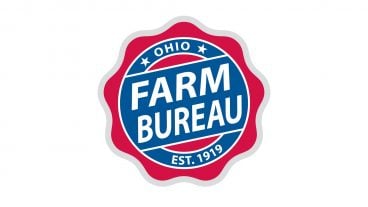
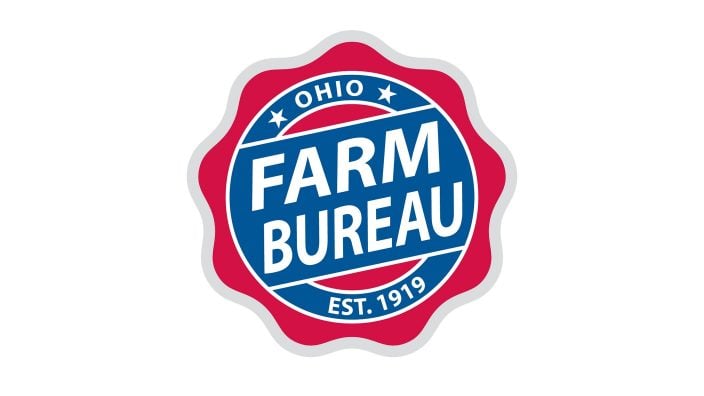
Twenty-six farmers govern the state’s largest farm and food organization.
Read More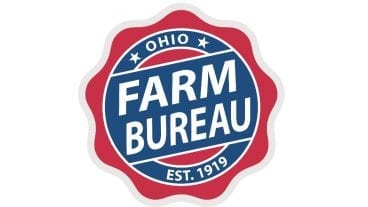
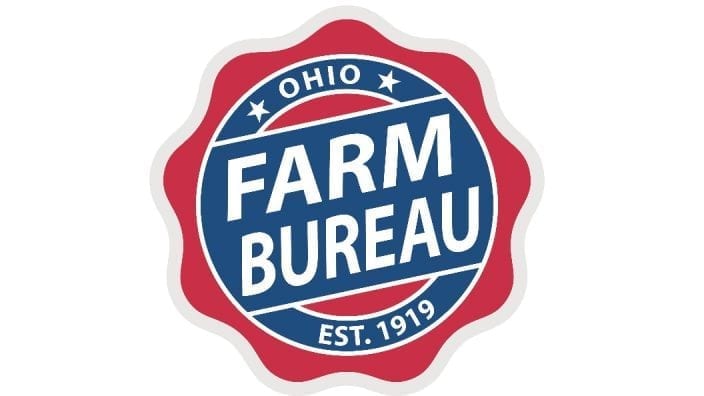
The 2025 recipients are Fred Cooke (posthumous) of Richland County, Marvin Dietsch of Williams County, Steven Knollman of Hamilton County and Michele Miller (posthumous) of Ottawa County.
Read More
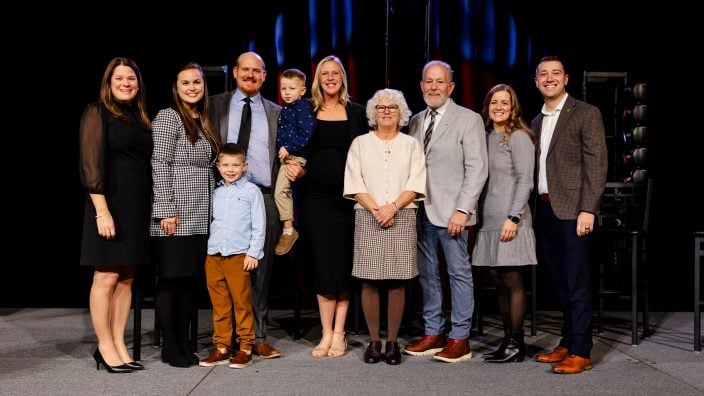
Nathan and Jill Parriman grow seasonal crops, including Christmas trees, pumpkins and cut flowers, providing U-cut experiences that invite customers to engage directly with agriculture.
Read More

The 2025 Distinguished Service Award recipients are Craig Adams, Mike Townsley, and Kellogg Farms, Kurt Farms and Stateler Family Farms.
Read More

Ohio Farm Bureau Treasurer Adele Flynn participated in the meeting, representing Ohio farmers.
Read More